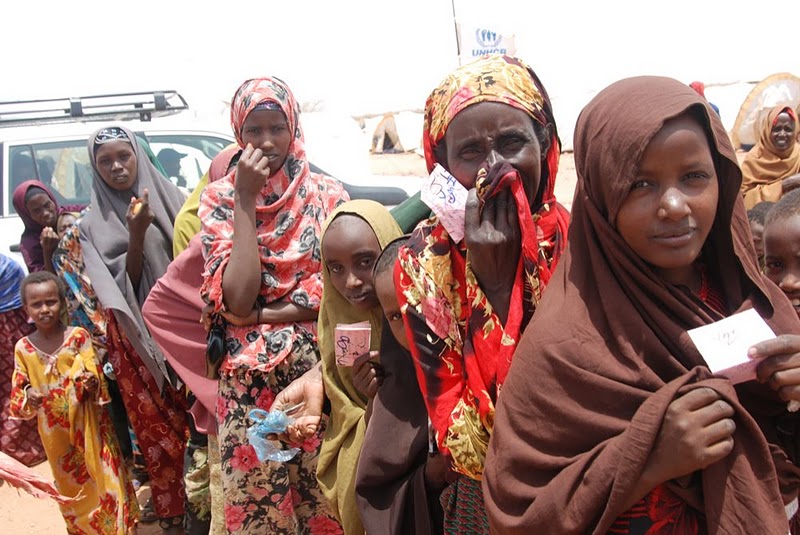Kenyan study urges changes to international refugee policy

Refugee policy should be regarded as a development issue rather than as a focus for humanitarian aid, a new report by Oxford University’s Refugee Studies Centre finds.
In recent years, international development policy has increasingly aimed to implement self-help initiatives for refugees through employment, education, and economic inclusion within the host community. The economic integration of refugees however, has raised questions: what economic difference is there between being a refugee and a native? Do refugees require a separate development policy or can they be included in national development plans?
The report looks into the situation of refugees in two sites in Kenya: the Kakuma camp, in the north-west county of Turkana, and the capital city, Nairobi. Kenya currently hosts 490,000 refugees and its refugee policy, similar to that in many low-income host countries, restricts refugees’ freedom of movement and right to work.
Neither refugees nor hosts are economically better off, the report reveals. In the Kakuma camp, refugees’ median income is approximately double that of the local Turkana, earning $55 per month compared to $25 per month. The situation in Nairobi is the reverse of this, with refugee income at $150 per month compared to $200 per month for Nairobi locals. However, with 40% of the Turkana community reliant on refugee custom to buy their firewood and charcoal, the report emphasizes the interdependency of host communities and refugee communities, with no clear economic advantage to being a refugee or a native.
In his IZA World of Labor article on integrating refugees into labor markets, Pieter Bevelander writes that “given the long term gap in labor market integration experienced by refugees, host countries are missing out on the potential economic gains offered by refugee immigration.”
The Refugee Studies Centre report explains these results as the consequence of varying tax regulations, transport networks, access to capital, and identity issues. It advises that “strengthening opportunities and reducing constraints in each of these areas holds the key to enhancing well-being, and improving refugee-host interactions.” This policy advice corresponds with Bevelander’s recommendations to “offer early introduction assistance packages that include training in language and specific labor market aspects” to negate the societal costs that arise from refugee poverty and economic exclusion.
Read more articles on migration policy.
Contact a topic spokesperson.